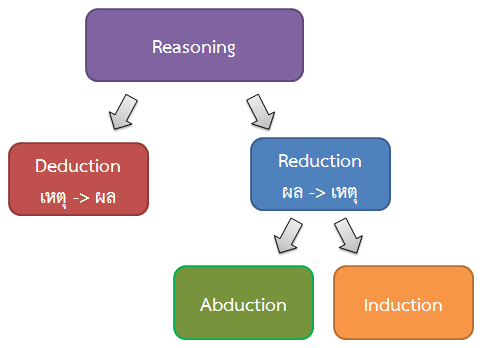
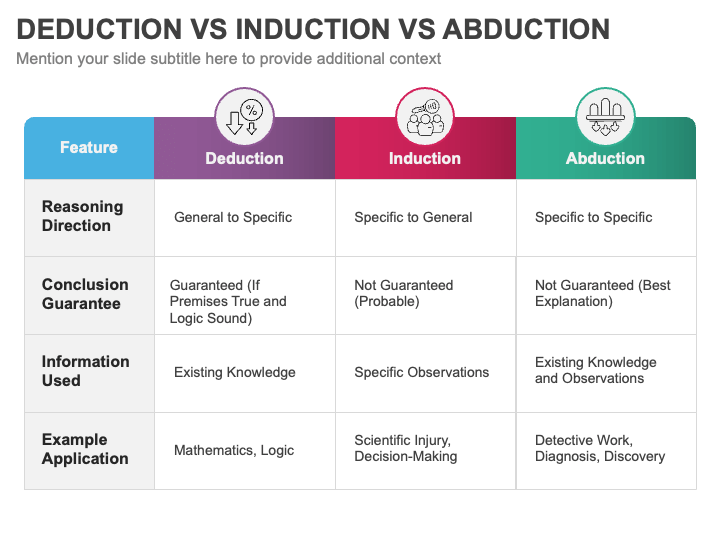
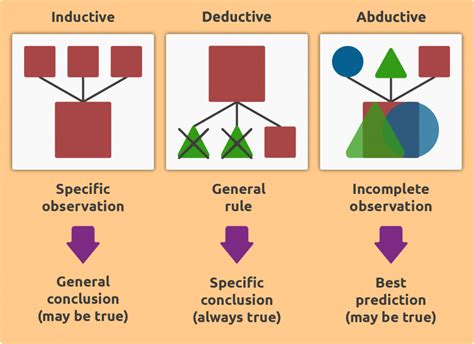
Discussion question:
What are brains for?
What is in the way of the (real) AI explosion?
What does our fitness function model?
For example, antenna, flywheel, satellite boom?
Inductive reasoning: Allows you to reach a general conclusion based
on a specific observation.
Deductive reasoning: Allows you to reach a specific conclusion based on
a generalized premise.
Abductive reasoning: Allows you to reach a probable specific conclusion
based on specific observation.
Inference or reasoning is a more abstract concept and supercategory, encompasing all of the above.



Imagine a spherical being living outside of any gravitational
field,
with no knowledge or imagination of any other kind of experience.
What could up possibly mean to such a being?
https://en.wikipedia.org/wiki/Scientific_method

Let’s imagine an infant, doing an experiment.
When I push on the ball, does it roll?
https://en.wikipedia.org/wiki/Experiment
An experiment is a procedure carried out to support or refute a
hypothesis,
or determine the efficacy or likelihood of something previously
untried.
Experiments provide insight into
cause-and-effect,
by demonstrating what outcome occurs when a particular factor is
manipulated.
Experiments vary greatly in goal and scale,
but always rely on repeatable procedure,
and logical analysis of the results.

Discussion question:
What happens when you take someone,
blind for their whole life,
and give their vision back?
What does the brain do?
How does it learn to see?
Does this mirror how a child learns to see?
What does grasping have to do with naming objects?
https://en.wikipedia.org/wiki/Scientific_control
A scientific control is a feature of an experiment or observation,
designed to minimize the effects of variables other than the independent
variable
(i.e. confounding variables).
This increases the reliability of the results,
often through a comparison,
between control measurements and the other measurements.
What is control, for basic physical experiments?

https://en.wikipedia.org/wiki/Design_of_experiments
The design of experiments is also known as DOE, DOX, or experimental
design.
It is the design of any task,
that aims to describe and explain the variation of information,
under conditions that are hypothesized to reflect the variation.
The term is generally associated with experiments,
in which the design introduces conditions,
that directly affect the variation.
In its simplest form,
an experiment aims at predicting an outcome,
by introducing a change of the preconditions,
which is represented by one or more independent variables,
also referred to as “input variables” or “predictor variables.”
The change in one or more independent variables,
is generally hypothesized to result in a change in one or more dependent
variables,
also referred to as “output variables” or “response variables.”
An experimental design may also identify control variables,
that must be held constant,
to prevent external factors from affecting the results.
Experimental designs come in many flavors:
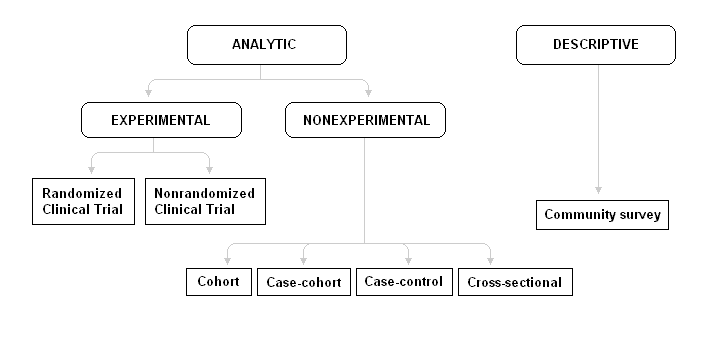
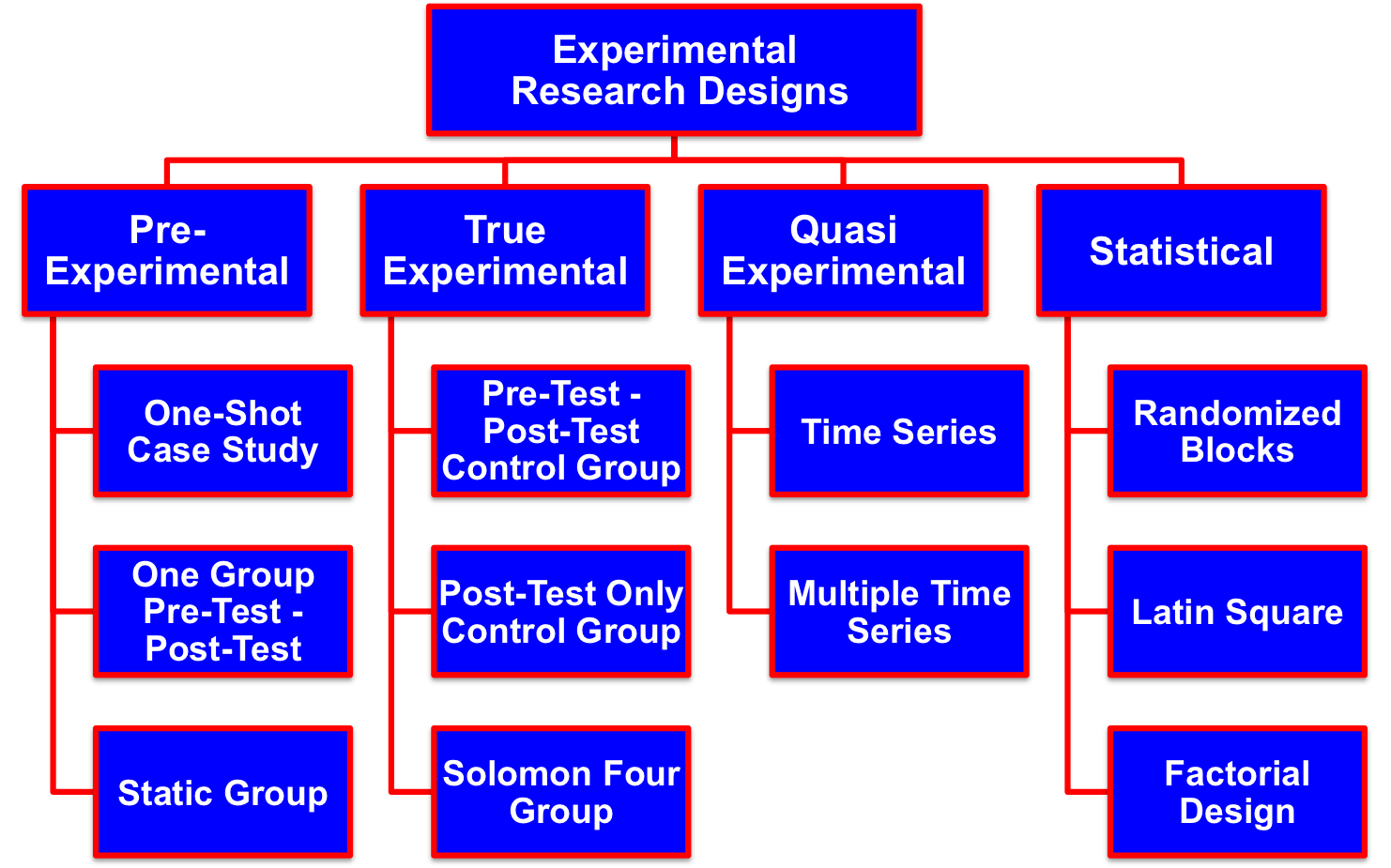
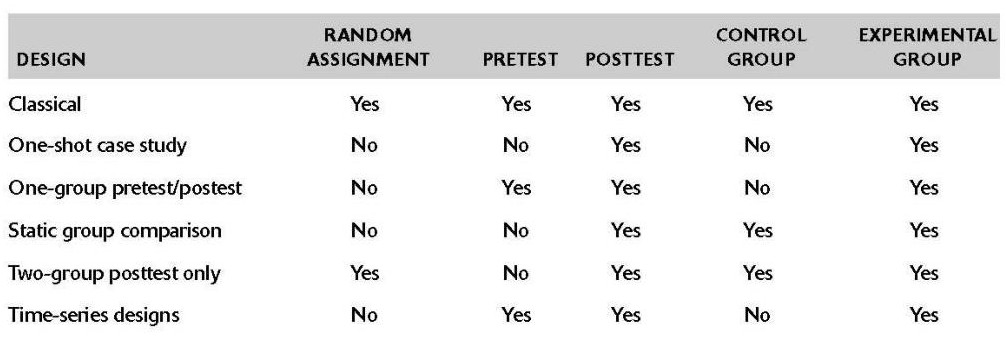
https://en.wikipedia.org/wiki/Empirical_research
Empirical research is research using empirical evidence.
It is also a way of gaining knowledge,
by means of direct and indirect observation or experience.
Empiricism values some research more than other kinds.
Empirical evidence is the record of one’s direct observations or
experiences.
Such evidence can be can be analyzed quantitatively or
qualitatively.
Quantifying the evidence, or making sense of it in qualitative
form,
a researcher can answer empirical questions,
which should be clearly defined and answerable,
with the evidence collected (usually called data).
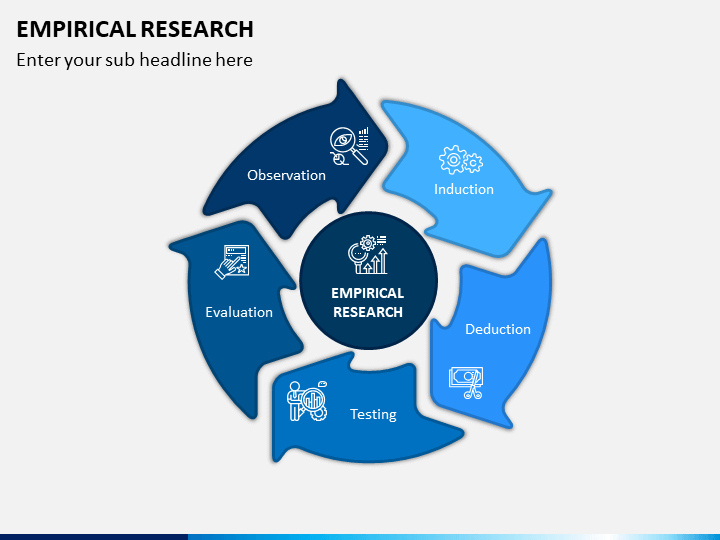
https://en.wikipedia.org/wiki/Empirical_evidence
Empirical evidence for a proposition is evidence,
that supports or counters a proposition,
that is constituted by, or accessible to:
sense experience or experimental
procedure.

https://en.wikipedia.org/wiki/Epistemology
Theory of knowledge, the branch of philosophy concerned with
knowledge.
Epistemology is considered a major subfield of philosophy,
along with other major subfields,
such as ethics, logic, and metaphysics.
Epistemologists study the nature, origin, and scope of
knowledge,
epistemic justification, the rationality of belief,
and various related issues.
Debates in epistemology are generally clustered around four core
areas:

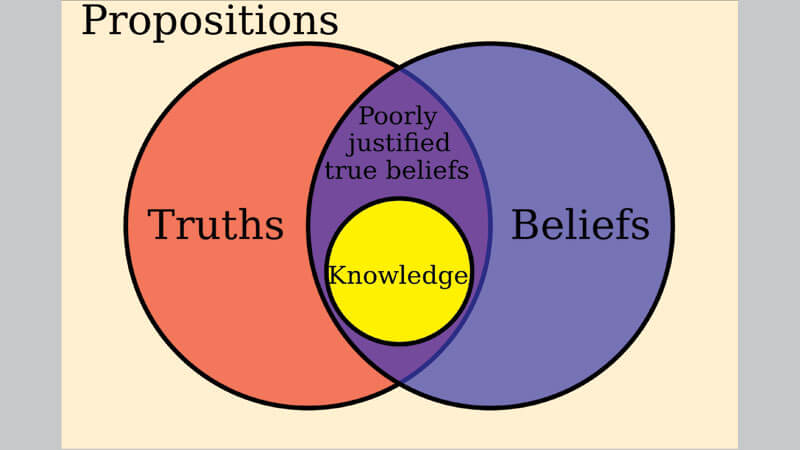
https://en.wikipedia.org/wiki/Embodied_cognition
Embodied cognition is the theory that many features of cognition,
whether human or otherwise,
are shaped by aspects of an organism’s entire body.
Sensory and motor systems fundamentally integrate with cognitive
processing.
The cognitive features include high-level mental constructs (such as
concepts and categories)
and performance on various cognitive tasks (such as reasoning or
judgment).
The bodily aspects involve the motor system, the perceptual
system,
the bodily interactions with the environment (situatedness),
and the assumptions about the world,
which built into the organism’s functional structure.
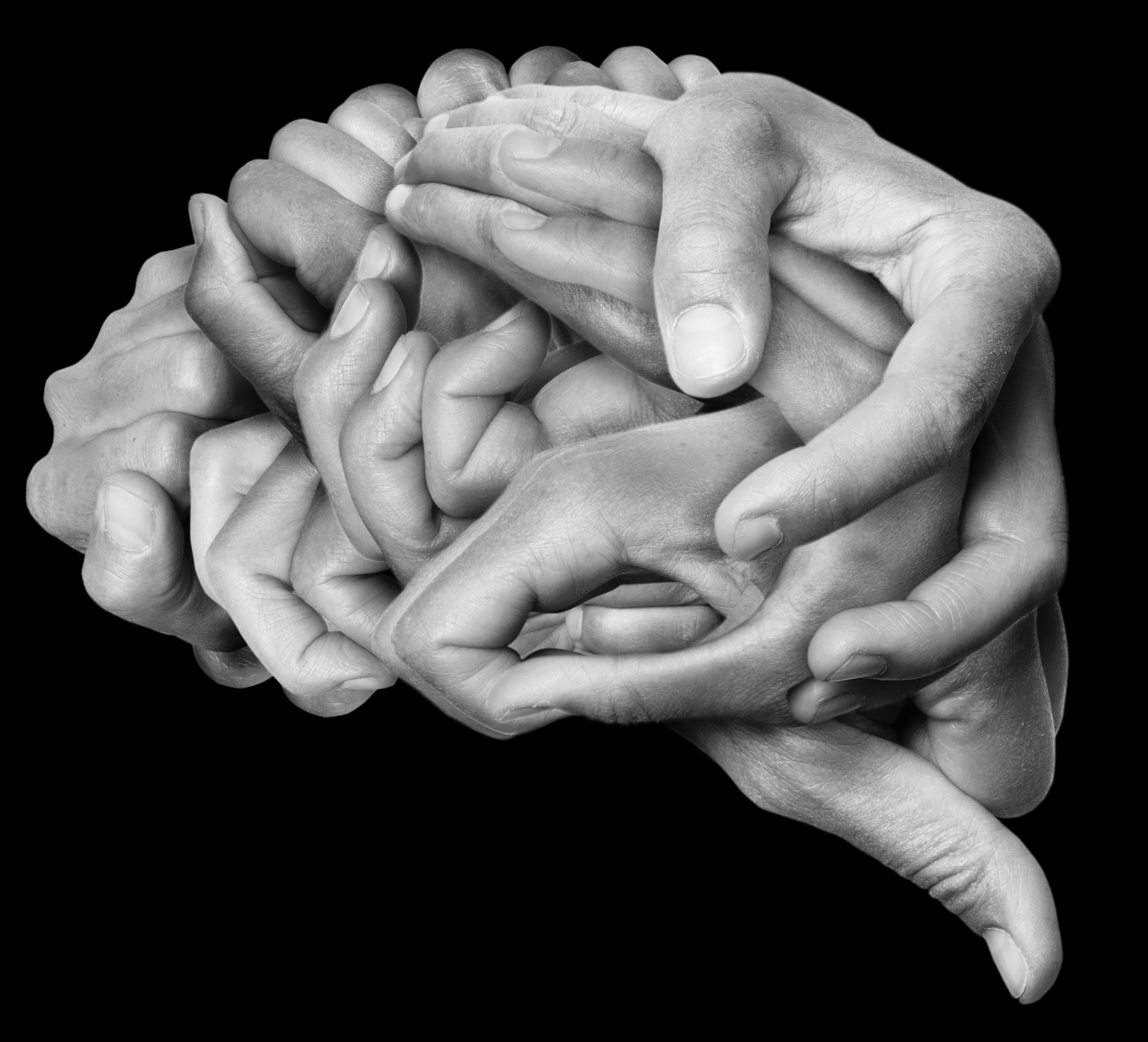
https://en.wikipedia.org/wiki/Embodied_cognitive_science
Embodied cognitive science is an theory of cognition,
which minimizes appeals to computational theory of mind,
in favor of greater emphasis on how an organism’s body determines how
and what it thinks.
For example,
https://www.penguinrandomhouse.com/books/14618/the-body-has-a-mind-of-its-own-by-sandra-blakeslee-and-matthew-blakeslee/
discusses an intriguing finding related to anorexia nervosa,
many cases of which may actually be caused by somatonesory recetpor
dysfunction,
rather than high-level cognitive processes.
Conssider the emerging mind of an embryo:
https://aeon.co/essays/how-to-understand-cells-tissues-and-organisms-as-agents-with-agendas
Following the words of the best scientist I have lucky enough to ever
have substantially interacted with,
the signature of cognition seem to steadily emerge, as physical
complexity increases:
https://www.youtube.com/watch?v=p3lsYlod5OU
Watch first sub-section of this recent podcast.
This is an extension modeling these xenobots:
https://www.youtube.com/watch?v=7EA2AqSO5tQ
Evolutionarily, cells that cooperate to be multicellular,
must be integrable.
They must be capable of subordinating their own short-sighted
optimization,
for a greater network-wide optimization.
Brains (and brain regions) and assimilable and dissassimilable.
Much like skin-cell derived xenobots,
cutting the corpus collolusum results in two aware brains.
Yet, unifying them results in the illusion of singular
consciousness.
The stuff of mind (all mind is communal stuff):
https://thereader.mitpress.mit.edu/is-consciousness-everywhere/
https://en.wikipedia.org/wiki/Integrated_information_theory
Recall those wiggly robots we discussed the first day of class?
https://www.creativemachineslab.com/soft-robot-evolution.html
https://www.uvm.edu/neurobotics/publications
Demo this briefly.
https://en.wikipedia.org/wiki/Evolutionary_robotics
Evolutionary robotics is an embodied approach to Artificial Intelligence
(AI),
in which robots are automatically evolved,
by using introducing variation and seleciton on populations of
robots.
The design of a robot, or a subsystem of a robot such as a neural
controller,
is optimized against a behavioral goal (e.g. run as fast as
possible).
Usually, designs are evaluated in simulations,
as fabricating thousands or millions of designs,
and testing them in the real world,
is prohibitively expensive in terms of time, money, and safety.
Watch:
https://www.youtube.com/watch?v=XaP9nMulfWw
What is in the way of the AI explosion?
I would argue that it is attaching bodies to better versions of our
algorithms, embodying AI!
If not bodies, at least agents with both:
1) real-world sensors, and
2) real-world effectors.
Do LLMs fit these criteria, fully or partially?
How does one study this kind of thing simply?
https://keiwan.itch.io/evolution
https://github.com/keiwando/evolution
Car evolution
https://rednuht.org/genetic_cars_2/
Frisbee thrower
https://www.youtube.com/watch?v=jbheWIS9Oio&pp=ygUZZ2VuZXRpYyBhbGdvcml0aG0gZnJpc2JlZQ%3D%3D
Bycicle physics:
https://ciechanow.ski/bicycle/
https://news.ycombinator.com/item?id=35343495